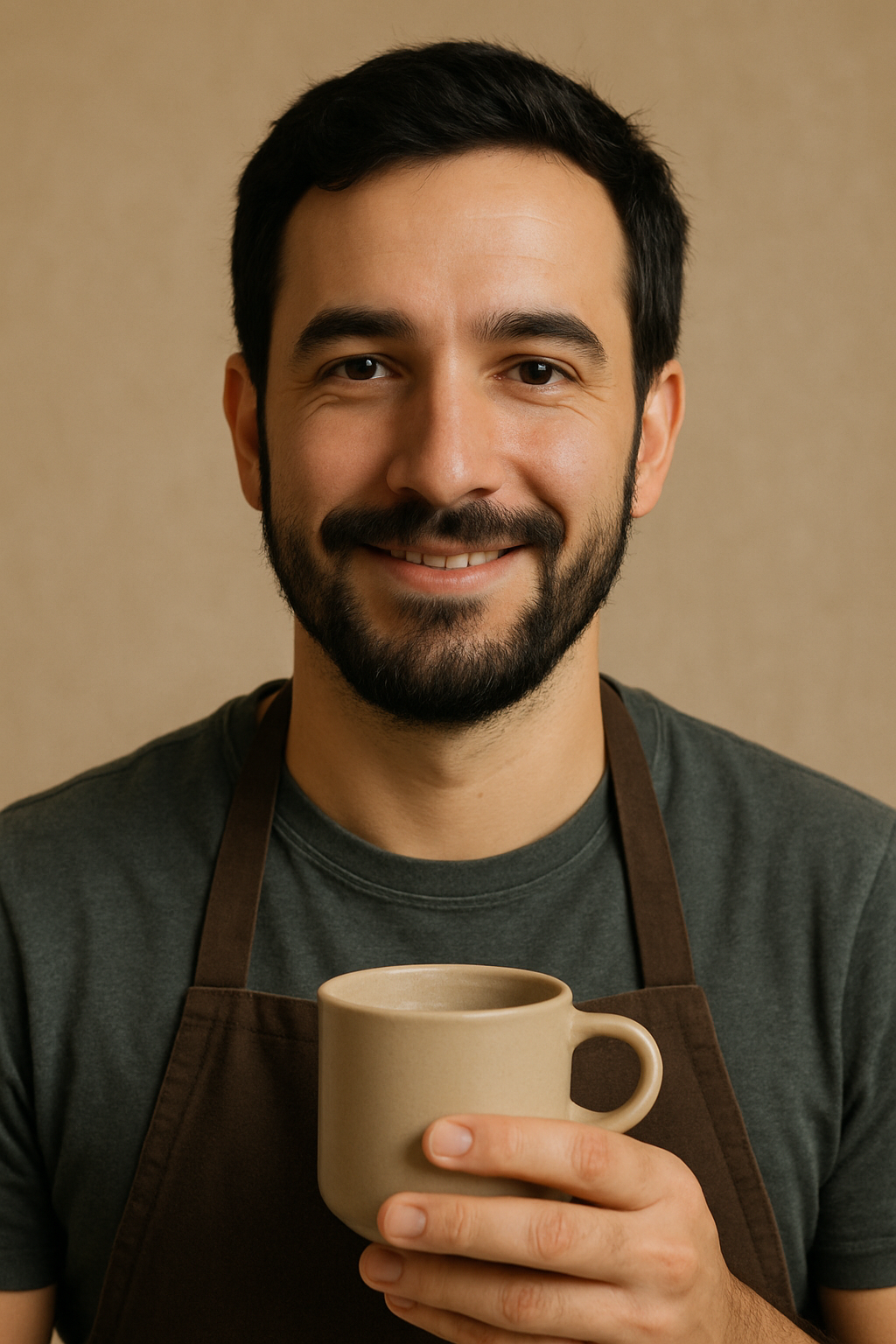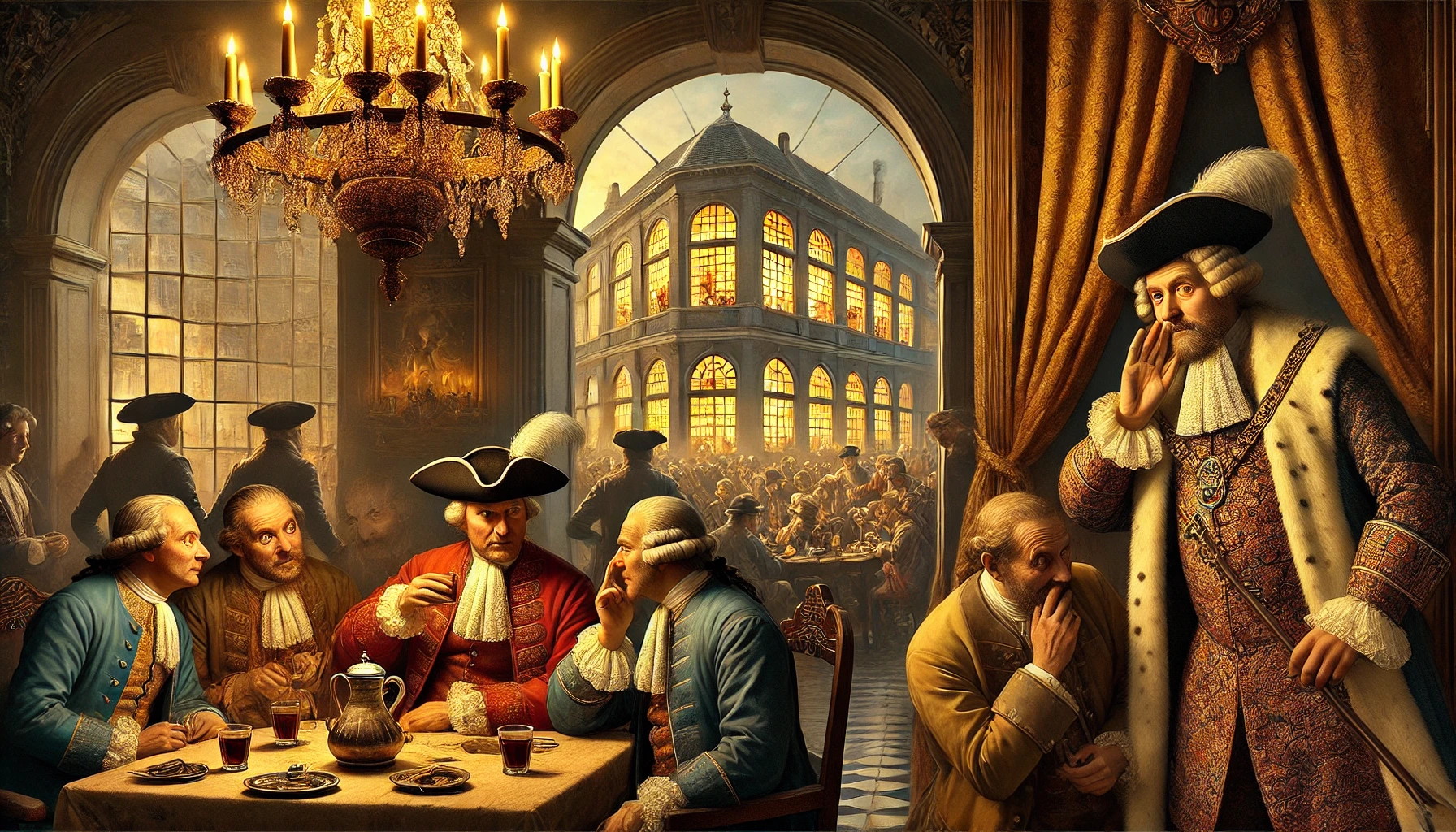Coffee may be the peaceful companion to your morning routine today, but centuries ago, it was seen as something far more radical. In the courts of kings and sultans, coffee wasn’t just a beverage—it was a threat.
Across the Islamic world and Christian Europe, rulers once feared coffee because of its association with intellect, rebellion, and public assembly. In fact, coffeehouses were often viewed as more dangerous than weapons—because they spread something rulers feared most: ideas.
The Rise of Coffeehouses: A New Kind of Power
As coffee spread from Ethiopia to Yemen, then to Mecca, Cairo, Istanbul, and eventually Europe, it brought with it not just a new flavor but an entirely new social practice. People didn’t just drink coffee—they gathered to drink it.
And when they gathered, they talked.
By the 16th century, the emergence of the coffeehouse—or qahveh khaneh in Arabic and Persian—sparked something revolutionary: a space for ordinary citizens to meet, debate, and question authority.
Coffeehouses became the first true “public sphere”—places that blurred class lines and encouraged open discussion. For monarchs used to controlling what people heard and believed, this was a terrifying shift.
Mecca, 1511: The First Ban on Coffee
The first recorded case of coffee being banned for political reasons occurred in Mecca in 1511, under the rule of Khair Beg, the city’s governor. Coffee had become wildly popular among Sufis, scholars, and merchants, and coffeehouses were bustling with conversation.
Khair Beg grew alarmed. He claimed coffee was intoxicating and thus haram (forbidden under Islamic law), but his real concern lay elsewhere: he feared that coffee gatherings encouraged sedition, satire, and discussion of governance—dangerous in a city so central to Islamic religious power.
He banned coffee, closed the coffeehouses, and arrested those who continued to meet. But this only fanned the flames. Public outcry was swift, and religious scholars pushed back. Eventually, the ban was overturned by the Sultan of Cairo, signaling that coffee’s popularity—and the social power it brought—could not be suppressed so easily.
Constantinople: The Ottoman Struggle with Coffee Culture
As the coffee craze swept into the Ottoman Empire, the same pattern repeated. Coffeehouses exploded in popularity across Constantinople (modern-day Istanbul), becoming cultural hubs for poets, scholars, mystics, and political thinkers.
Sultans became increasingly nervous.
In 1623, Sultan Murad IV, known for his iron-fisted rule, banned coffee and alcohol outright. He saw coffeehouses as centers of political unrest and moral decay. Violators were severely punished—some even executed.
Yet the people refused to give up their brew. Murad’s successors tried to regulate rather than ban coffee outright. Taxes were imposed, surveillance increased, but coffee’s social role only deepened. It became clear: the more rulers tried to crush coffee culture, the stronger it became.
The European Reaction: The “Drink of the Devil”?
In 17th-century Europe, coffee entered a different cultural context, but met similar suspicion.
To many conservative Christian leaders, coffee’s foreign origin, bitter taste, and connection to Islamic lands made it suspicious. Some priests referred to it as “the bitter invention of Satan.” When coffeehouses began popping up in Venice, Oxford, and Paris, they became magnets for writers, revolutionaries, and reformers.
In England, King Charles II became so alarmed by the political discussions happening in London’s cafés that he attempted to ban coffeehouses in 1675, citing their “evil and dangerous effects.”
His decree lasted only 11 days—public backlash forced him to revoke it. The people had spoken, and their love for coffee—and for the ideas that came with it—could not be contained.
Coffee as an Idea Machine
So why were rulers so afraid of coffee? Because coffee made people think.
Compared to alcohol, which dulled the senses, coffee sharpened the mind. It encouraged alertness, debate, and reflection. In a time when monarchs relied on controlling public thought, anything that energized free thinking was seen as subversive.
In the words of historian Mark Pendergrast, “Coffee was the great soberer. It stimulated clear-headed discussion, not drunken brawls.”
Coffeehouses became known as “penny universities”—for the price of a cup, you could engage in conversation with people of all walks of life, read the newspaper, and hear opposing viewpoints.
This environment bred everything from poetry movements to political uprisings. It’s no coincidence that many revolutions—French, American, even Haitian—were nurtured in cafés.
Women, Coffee, and Power
It wasn’t just rulers who saw coffee as a threat. In some cases, men feared women’s growing access to coffee culture.
In England, the “Women’s Petition Against Coffee” (1674) mocked coffee for allegedly making their husbands sterile and disinterested in romance. But beneath the satire was real anxiety about coffee pulling men away from traditional domestic life and into public spaces where they engaged in new ideas and new identities.
Conversely, in Paris and Vienna, women hosted salons where coffee flowed freely alongside political and philosophical dialogue—empowering them as cultural leaders in an age of male dominance.
Caffeine and Control
There’s also the simple, scientific reason coffee was feared: caffeine makes people alert. In eras when ruling classes depended on docile, distracted subjects, anything that encouraged wakefulness and critical thought was naturally subversive.
Unlike wine or beer, coffee didn’t sedate. It stimulated. And stimulated citizens are dangerous to authoritarian regimes.
From Rebellion to Ritual
Over time, coffee shifted from being a revolutionary force to a ritualized part of daily life. It was no longer feared—it was marketed. But its history remains a powerful reminder of how something as ordinary as a beverage can hold extraordinary cultural power.
Kings once tried to ban it. Popes had to bless it. Sultans feared it more than swords. And yet, coffee prevailed—becoming a symbol of freedom, thought, and human connection across borders.
Final Thoughts: A Cup of Rebellion
So the next time you sip a cappuccino or brew your morning pour-over, remember: you’re holding a piece of history that once terrified the world’s most powerful rulers.
In every cup of coffee, there’s not just flavor and energy—there’s a legacy of resistance, revolution, and reflection.

